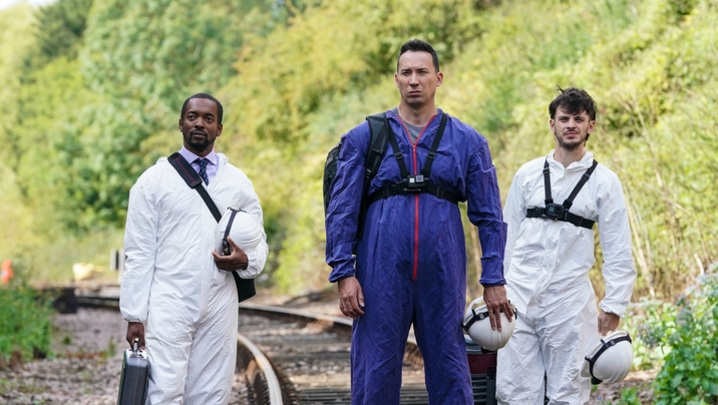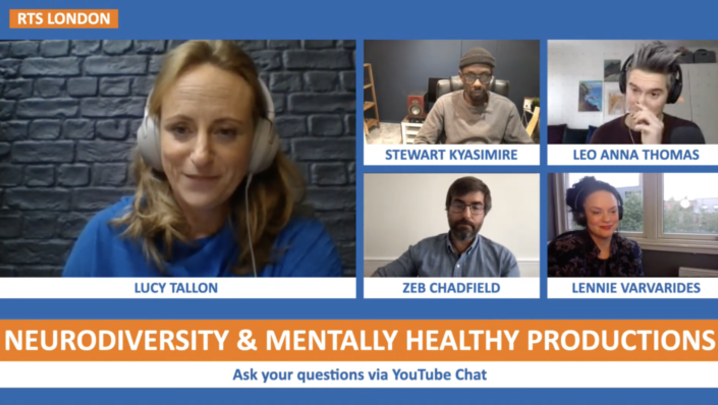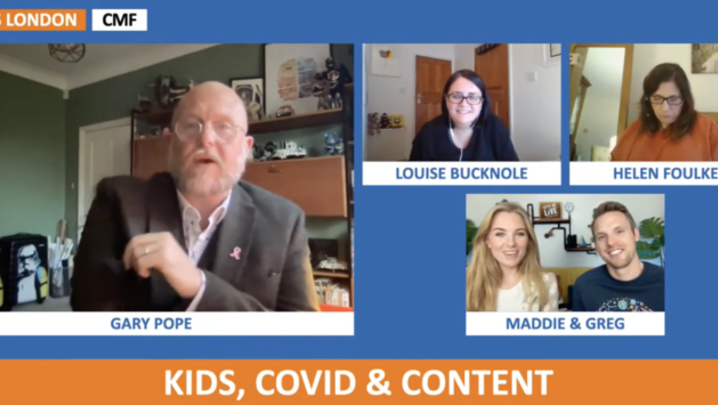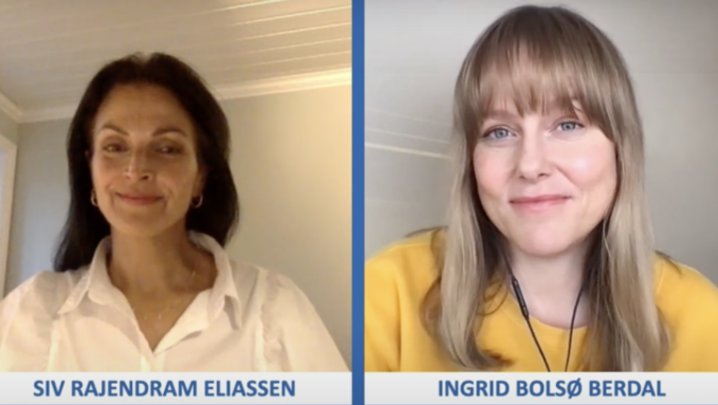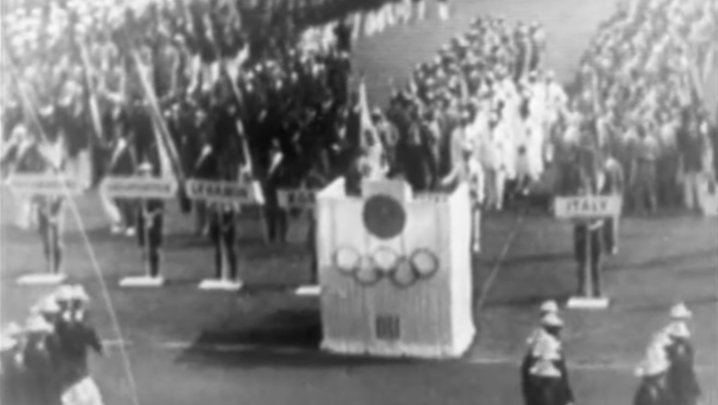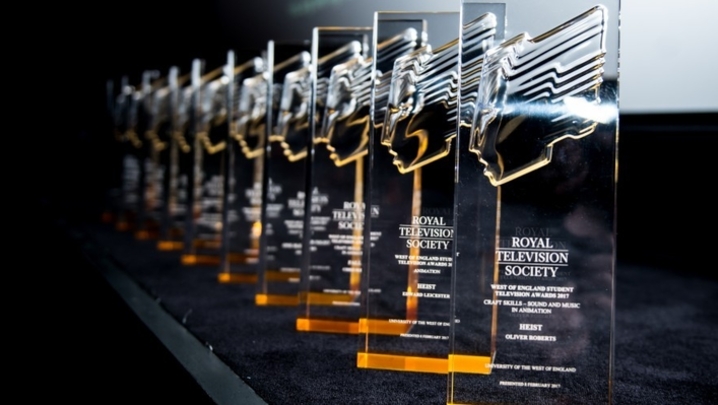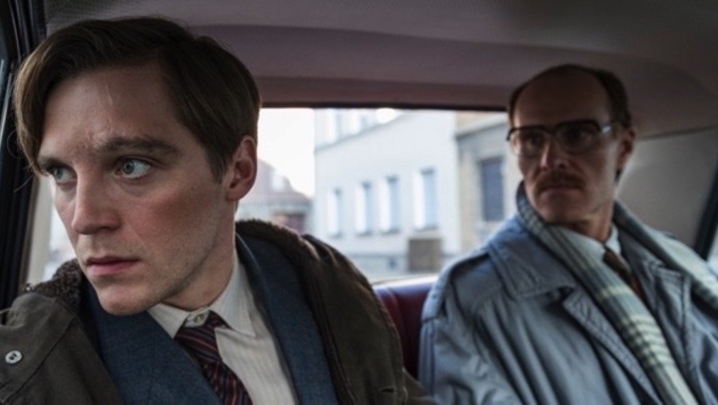Twenty years after its launch – during which time it has grown from a small start-up company to a global giant – Google invited RTS London to its offices in Belgravia.
Jon Brennan, Google’s regional manager for broadcast, entertainment and media partnerships, said that television “is still central” to people’s lives. He claimed that although TV consumption had declined by 3% over the past six years, if online viewing was included, consumption of video has, in fact, risen by 25%.
The UK is “an exceptional market”, he added, that offered opportunities for Google and other media companies to pool their resources. Earlier this year, BBC Studios’ virtual reality team and games studio Preloaded launched BBC Earth: Life in VR on Google’s virtual reality platform, Daydream.
Content partnerships manager Dayo Olopade said that 400 hours of content is uploaded to YouTube every minute, with 1 billion hours watched every day across the world. YouTube is known largely as an online and mobile platform, yet Olopade revealed that, thanks to the take off of smart TVs, “our fastest growing screen is in the living room”.
The Google company has come a long way from its origins as a platform for user-generated content. Olopade discussed YouTube’s news and sports services; the latter includes a deal with BT, which has allowed the broadcaster to livestream the Champions League football final on the platform for the past three years.
YouTube is now dipping its toes into long-form drama – earlier this month it released sci-fi web drama Origin, which is produced by UK indie Left Bank Pictures, makers of Netflix series The Crown.
Partner technology manager Manuel Weiss discussed the voice-activated Google Assistant, which uses artificial intelligence (AI) to help viewers navigate their way around the services on their smart TVs. “Voice is becoming the new normal,” he claimed.
Regional customer engineer Justin Grayston summarised Google’s cloud services, while media customer engineer Melika Golkaram brought the RTS audience up to date with the latest thinking on AI. Golkaram said that machine learning could help broadcasters target advertising more effectively and exploit their programme archives.
Android TV development manager Matthias Puschmann said that “an explosion in content” was making it “harder and harder for consumers to figure out what’s available to watch and through which service”. Google’s operating system for smart TVs, Android TV, he claimed, would help consumers find the best programmes and apps, and content providers to improve their services.
The RTS London event, “Google for media”, was held at Google’s Belgravia offices in central London on 21 November. The centre would like to thank Google strategic account manager Juliet Bramwell for putting together the event.



